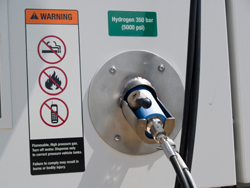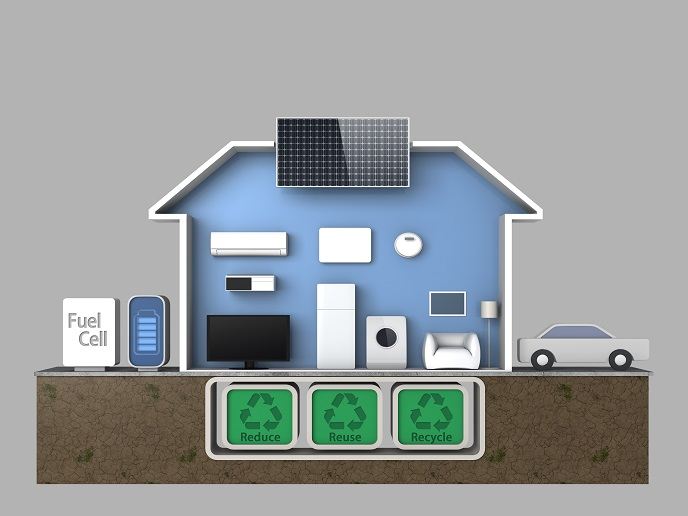Supporting hydrogen initiatives for sustainable energy
The 'Research coordination, assessment, deployment and support to HyCOM' (Roads2Hycom) project was set up to coordinate, assess and monitor research into the use of hydrogen for stationary and transport power. The EU-funded project studied technical and socioeconomic issues linked to the application of fuel cells and hydrogen in a sustainable energy economy; it combined expert studies in technology status, energy supply and socioeconomics. Support, information and feedback was provided to the European Commission, the European Hydrogen and Fuel Cells Technology Platform (HFP), the New Energy World Joint Technology Initiative (NEW JTI) and the Hydrogen Regions and Municipalities Partnership (Hyramp). Project partners studied a wide range of critical aspects of hydrogen supply. These included the capacities of existing manufacture and distribution infrastructures and the potential of future renewable and low carbon energy resources for hydrogen manufacture. Activities aimed at engaging with key stakeholders, and early technology adopters in particular, included the establishment of a database of existing and potential public technology demonstrations. Relevant European policy measures were examined and conclusions made regarding critical points for the future as relates to general policies and regional developments. Three handbooks for community and municipal stakeholders were developed to offer basic guidance on issues of interest and to provide an overview of the technologies. Research outcomes concluded, amongst other points of interest, that there is a need to develop the engineering, manufacturing and servicing skill-base as technologies approach the commercialisation phase. Also, significant early markets must be encouraged to grow and replicate through the implementation of appropriate policies at European level. Such policies include harmonisation of standards, incentives that support early markets and ongoing measures that unite the efforts and experiences of early adopters. Governmental policies must support and be consistent with fiscal incentives and infrastructure build-up so as to attract early adopters, as this will likely not be profitable in the early stages of manufacture. Based on project efforts, Roads2Hycom proposed seven success factors for driving related European initiatives. These include intense research that addresses key issues, developing the skill base, and financing and joining up energy policy. The latter involves clear priorities, the availability of low carbon energy and integration with a smarter electricity grid. Project outcomes provide major support for the planning of future hydrogen initiatives under existing and future EU Framework Programmes with a view to stimulating growth in related technology markets.







